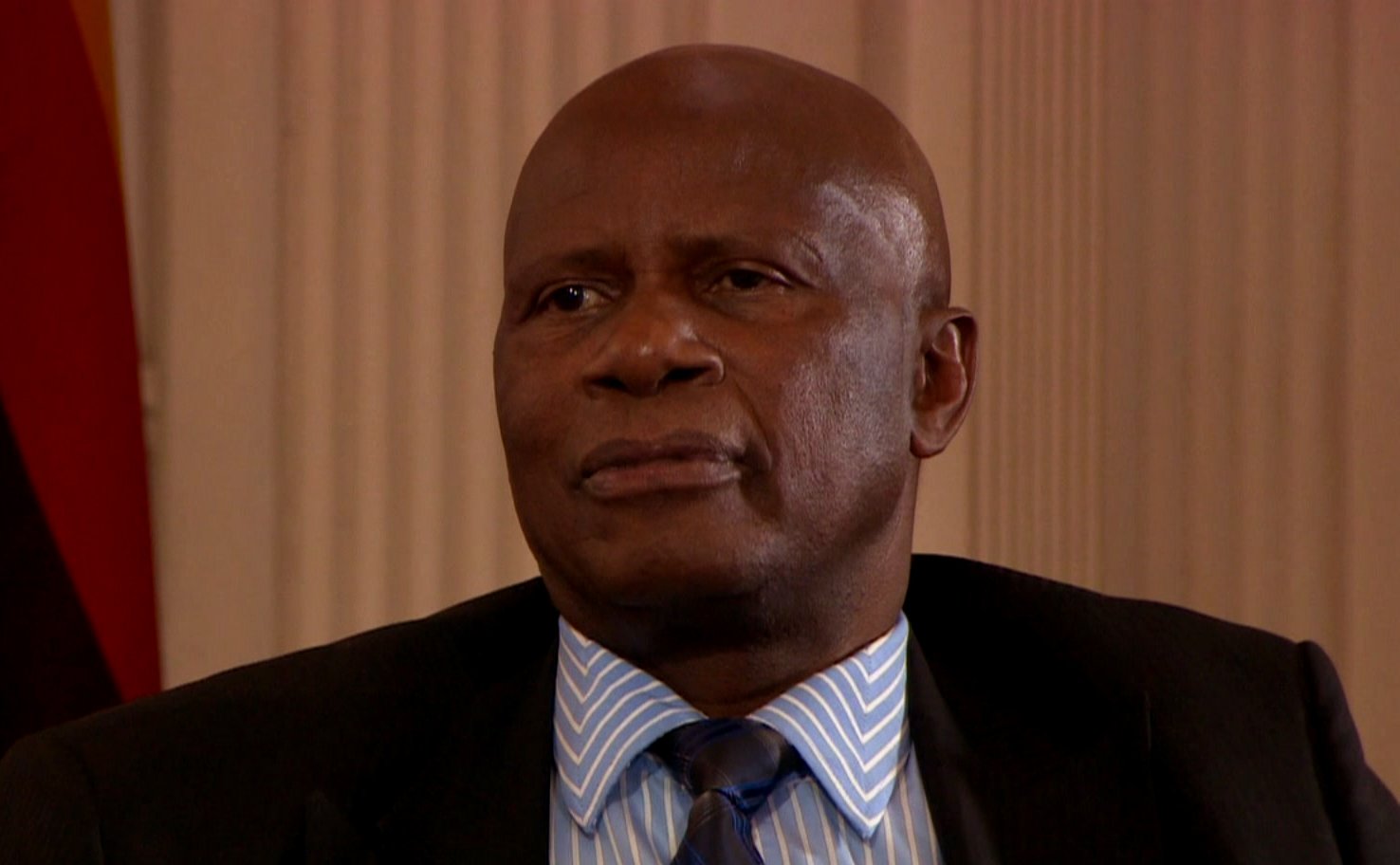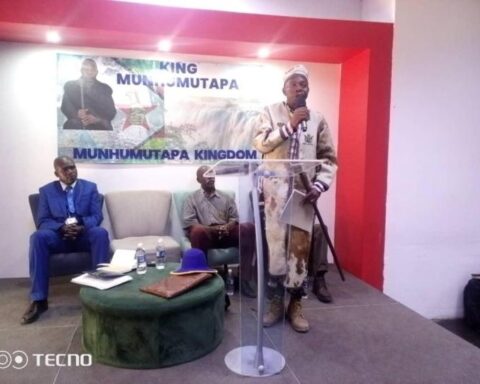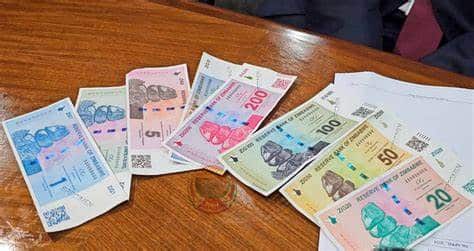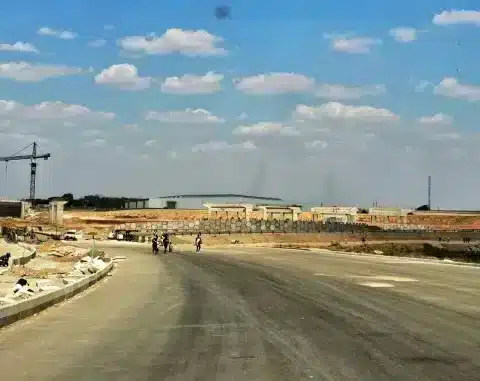FINANCE minister Patrick Chinamasa, through the ministry’s permanent secretary Willard Manungo, last year illegally granted permission to a private mining company to import 12 million litres of fuel duty-free, it has been established.
Bernard Mpofu
This comes as the fuel scandal rocking government, in which two private companies imported 312 million litres of diesel duty-free — prejudicing the broke Treasury of revenue in unpaid taxes — is deepening.
Last year, government granted national project status to the Dema Emergency Power Plant as the country grappled with a perennial energy crisis that resulted in intermittent power cuts. Another company, African Chrome Fields (ACF), was also illegally exempted from paying taxes for its mining project, openly violating the law.
The two companies, it has been established, were granted the green light to import the duty-free fuel by the Ministry of Transport and the Central Mechanical Equipment Depot (CMED).
According to a letter written by Manungo to Defence secretary Martin Rushwaya, Treasury granted ACF the permission to import 12 million litres of fuel duty-free but instructed the Transport ministry to issue a duty free certificate to ACF despite breaking the law.
“Given the urgency of the matter, our focus, in the interim is on the 2016 requirements. As noted in my email correspondence dated 3 March 2016, the diesel requirement for ACF for the period April to December 2016 amount to 12 million litres,” wrote Manungo in a letter dated April 7 2016.
“I therefore, wish to advise that duty free importation of 12 million of diesel for the period April to December, 2016 has been granted. However, given the legislative challenges, the Duty Free Certificate will be issued by the Secretary for Transport and Infrastructural Development as provided for under SI (Statutory Instrument) 184 of 2014. Since the importer of the diesel under this arrangement will be CMED, ACF should thus arrange the logistics for payment of fuel.”
Information gathered by the Zimbabwe Independent shows that ACF applied for 12 million litres of diesel for the period April to December 2016, while Sakunda Holdings, which is behind the Dema project, applied for 300 million litres of diesel for a period of 12 months.
This violates SI 184 of 2014, which describes duty-free fuel as “fuel for the exclusive use of the Government of Zimbabwe, subject to the conditions that:
(a) all fuel importations for use by the Government of Zimbabwe shall be imported solely through the CMED (Private) Limited and;
(b) a duty free certificate under the hand of the Secretary in the ministry responsible for transport is furnished to the commissioner-general certifying that the user ministry or arm of government has authority from the Secretary in the ministry responsible for finance that any duty leviable on such fuel importation would be borne directly by the Government of Zimbabwe”.
The law specifically states that only government can access duty-free fuel. As reported by the Zimbabwe Independent last month, it is also understood that a Parliamentary Committee on Mines and Energy is sharply divided over this matter, with some members of the committee demanding that the Sakunda boss, Kuda Tagwirei, be summoned to answer questions in parliament, while others are opposing the move.
Transport minister Joram Gumbo, according to sources, has stated that the exemption of taxes on the imported fuel by Sakunda and ACF is above board. He cited SI 6 of 2016, which states that once a project has been elevated to national status by the Finance ministry, it qualifies for “rebate of duty on capital equipment imported for use in specified industries”.
However, the same piece of legislation defines that capital equipment only includes “plant, equipment and machinery” to be used in the mining, manufacturing, agricultural and energy generation sectors.
It is also understood that the Ministry of Transport had told parliament that an “anomaly” which saw the inclusion of fuel under the duty-free products covered by the statutory instrument was now being addressed by the Attorney-General’s Office.
However, investigations show that the AG’s office was not seized with the matter. This comes as it emerges that the Office of the President and Cabinet is trying to block an investigation of Sakunda Energy over its role in the controversial plant.








